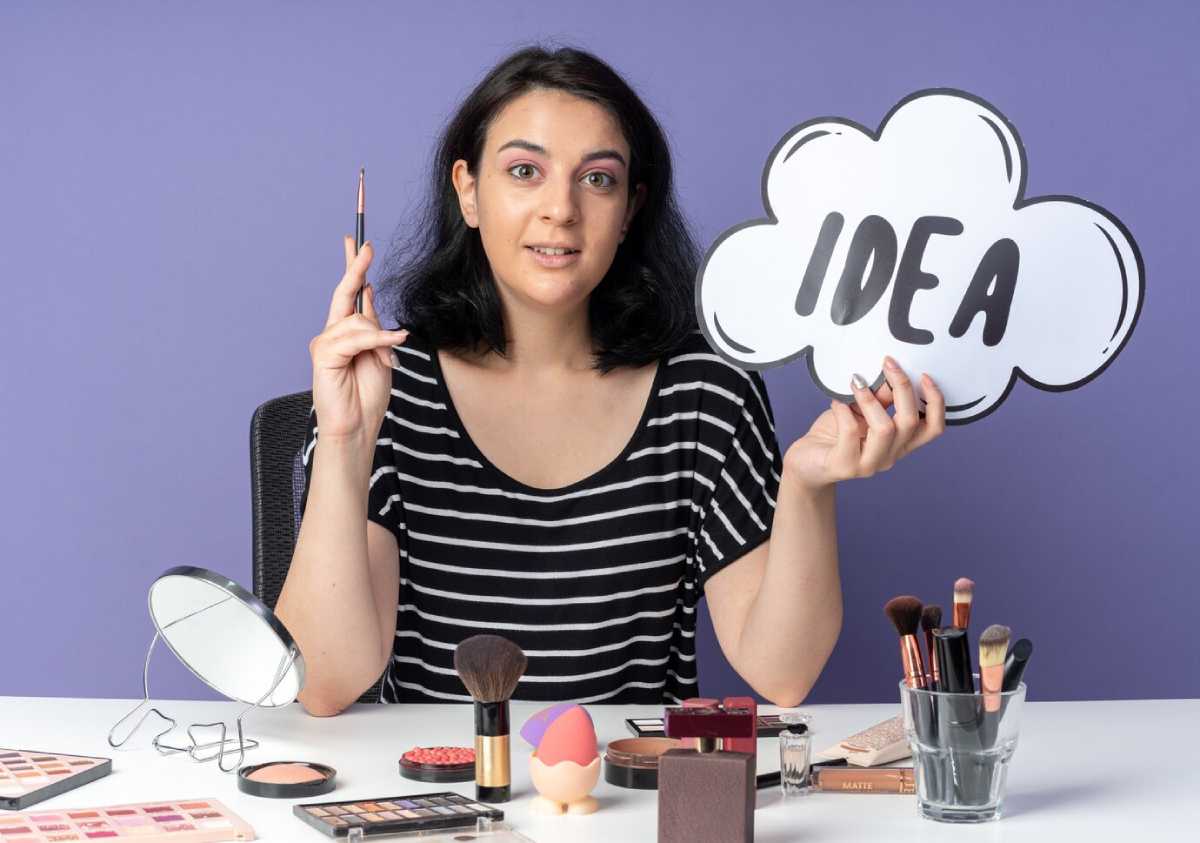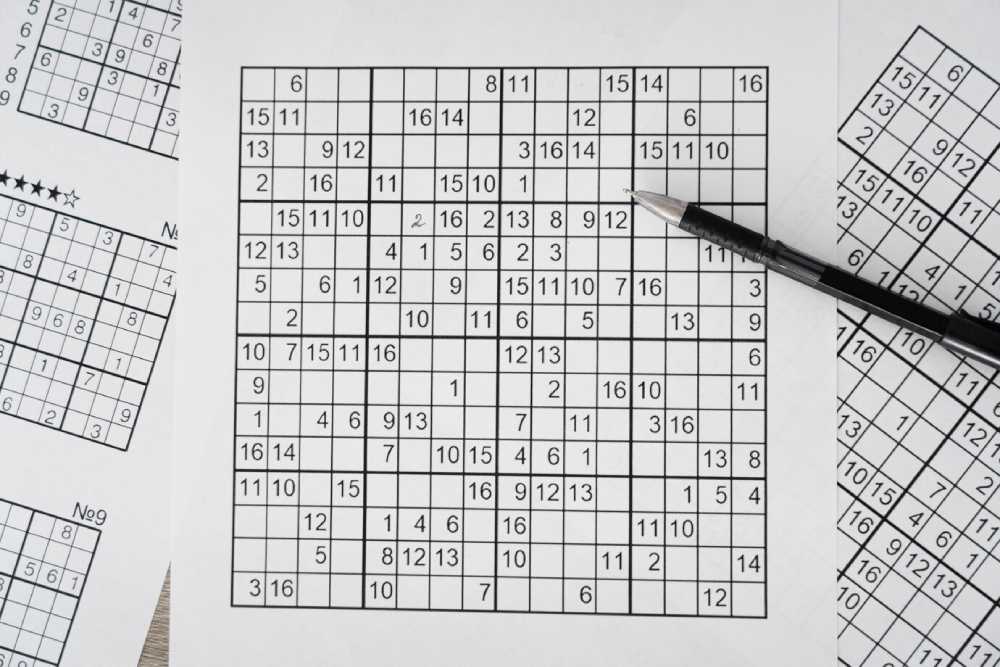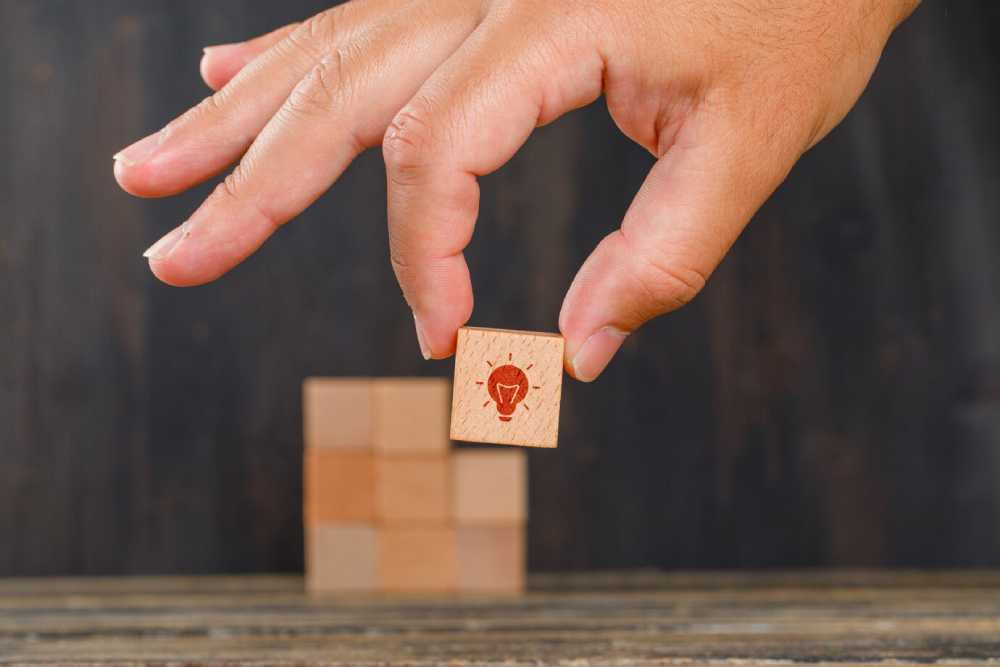
Brain-Boosting Hobbies to Sharpen Your Mind
In our fast-paced world, screens are everywhere, and attention spans are short. So, staying mentally sharp is just as important as being physically fit. Many people know exercise is good for the body. But fewer think about how important it is to challenge the brain regularly. That’s where intellectual hobbies come into play.
Brain-boosting hobbies are activities that stimulate thinking, problem-solving, memory, and creativity. They improve cognitive skills and offer emotional satisfaction and stress relief. Activities like solving puzzles, playing music, or joining a debate club can sharpen your mind. They help you think better and grow stronger mentally.
In this blog, we’ll look at the benefits of intellectual hobbies. We’ll share practical tips and expert insights. These can help you enjoy brain-friendly activities in your life.
Key Benefits of Brain-Boosting Hobbies
Why Intellectual Hobbies Matter
Intellectual hobbies do more than entertain; they help keep your mind sharp and boost brain health. These hobbies:
- Stimulate different areas of the brain
- Promote creative thinking and mental flexibility
- Improve memory, concentration, and problem-solving abilities
- Help build resilience against age-related cognitive decline
Playing chess needs foresight and planning.
Learning a new language uses both short-term and long-term memory. Even creative writing helps improve emotional processing and verbal fluency.
Real-Life Applications
The benefits of these hobbies extend far beyond mental stimulation. They develop skills that are useful in everyday life, such as:
- Decision-making: Strategic games like chess or Risk mirror real-life problem-solving scenarios.
- Time management: Hobbies like music or painting need commitment. They teach discipline and patience.
- Cultural awareness: Learning new languages or cooking global recipes fosters empathy and open-mindedness.
- Confidence building: Achieving small milestones in a hobby improves self-esteem and personal growth.
People who challenge their minds often become more adaptable and curious. They are also better at handling life’s complexities.
Data-Backed Insights
Scientific research supports the link between intellectual engagement and brain health. Studies show:
- Individuals who engage in mentally stimulating hobbies experience slower cognitive decline.
- Crossword puzzles, reading, and playing musical instruments are associated with reduced dementia risk.
- A 2014 study in the journal Neurology found that lifelong learning was linked to better memory and reasoning skills in old age.
These findings show what many people already sense: staying mentally active is key for long-term brain health.
Creating a Healthy Brain Routine: Practical Tips

Make Time for Daily Mental Play
Just like a workout plan, mental fitness requires structure. Schedule a time every day or week to dedicate to your chosen hobby.
- Set a regular reading hour before bed
- Use a language-learning app during your lunch break
- Solve puzzles over morning coffee
Even 20–30 minutes a day can have measurable benefits over time.
Choose a Mix of Activities

Variety keeps the brain on its toes. Engaging different cognitive areas prevents mental stagnation and encourages growth.
Combine activities like:
- Logical tasks (Sudoku, crosswords)
- Creative outlets (painting, writing, photography)
- Physical brain-boosters (gardening, dancing)
- Social hobbies (board games, book clubs, language exchange)
This well-rounded approach challenges different neural pathways and keeps things interesting.
Set Personal Goals and Track Progress
Hobbies are more rewarding when they include milestones. These help you stay motivated and see your growth over time.
- Finish a novel each month
- Reach a new level in your language app
- Complete a complex puzzle within a set timeframe
- Join a local club or showcase your work
Small wins build momentum and turn a hobby into a habit.
Additional Expert Tips & Common Mistakes to Avoid
Best Practices for Mental Fitness Activities
- Consistency Matters More Than Intensity. Engaging daily, even briefly, beats long, rare sessions.
- Start Easy, Then Push Yourself Start with simple tasks. Then, make it harder to keep things fun and interesting.
- Mix Solo and Social Hobbies. Solo activities boost focus, while social hobbies offer emotional balance and improve communication.
- Create a Dedicated Space Whether it’s a reading nook or an art corner, having a special area for your hobby encourages consistency and enjoyment.
Common Mistakes and Misconceptions
- Waiting for the “Right Time”: You don’t need a perfect schedule to start. Begin with 10 minutes a day.
- Thinking You Must Be Naturally Talented: All hobbies require practice—progress, not perfection, is the goal.
- Neglecting Physical Well-being: Mental activities are strong. They work best with sleep, exercise, and good nutrition.
- Focusing Solely on Results: Enjoy the learning process—it’s as enriching as the outcome.
Avoiding these traps ensures a positive, sustainable relationship with your chosen hobby.
Advanced Insights / Expert Recommendations
Unique Industry Perspectives
Experts in neuroscience and education say that active hobbies offer the best cognitive benefits. Watching documentaries or listening to lectures is informative but passive. On the other hand, activities like:
- Writing poetry
- Designing puzzles
- Building DIY electronics
- Practising a new instrument
need focus and multi-step thinking, so they improve brain training and neuroplasticity.
Lesser-Known Insights
Some surprisingly powerful brain-boosting hobbies include:
- Gardening: Combines physical movement, planning, and learning. It also encourages mindfulness and reduces stress.
- Origami or Crafting: Improves spatial awareness and motor control.
- Cooking: Enhances problem-solving, memory (recipes), and sensory engagement.
- Board Game Design: Challenges logic, storytelling, and user experience skills all at once.
The key is that the activity should make you think, adapt, and create.
Conclusion: Investing in Your Mind, One Hobby at a Time

Your brain is one of the most powerful tools you have—why not give it the stimulation it deserves?
Pick one new brain-boosting hobby this week and try it out. It could be a creative pursuit, a logic game, or a mindful task that helps you slow down and focus. Let it be something you enjoy and something that challenges you.
What will you try to sharpen your mind and spark your imagination? Share your thoughts or experiences in the comments.


